Communities
of hope and
possibilities
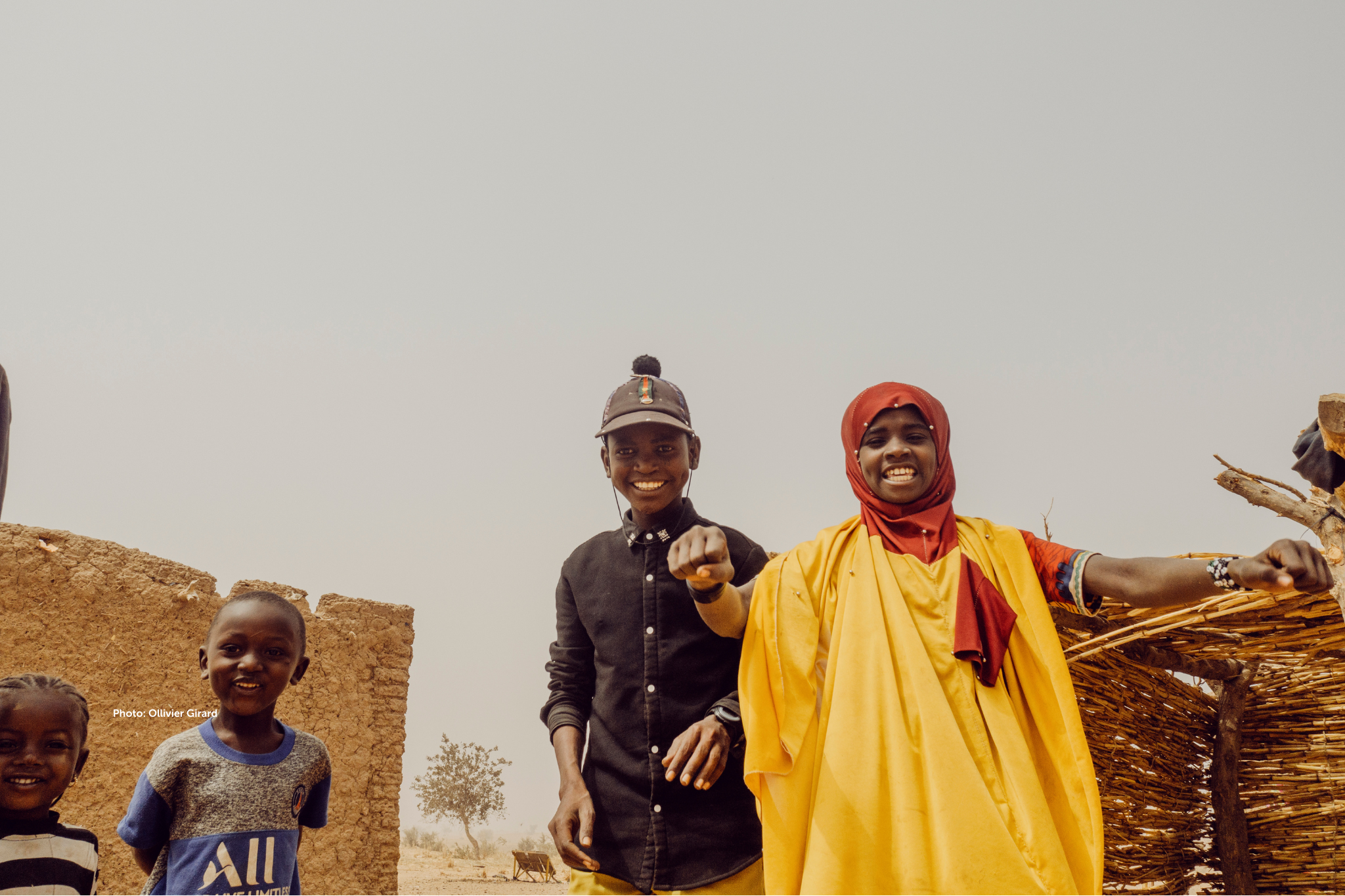
A passport to a better future in Niger
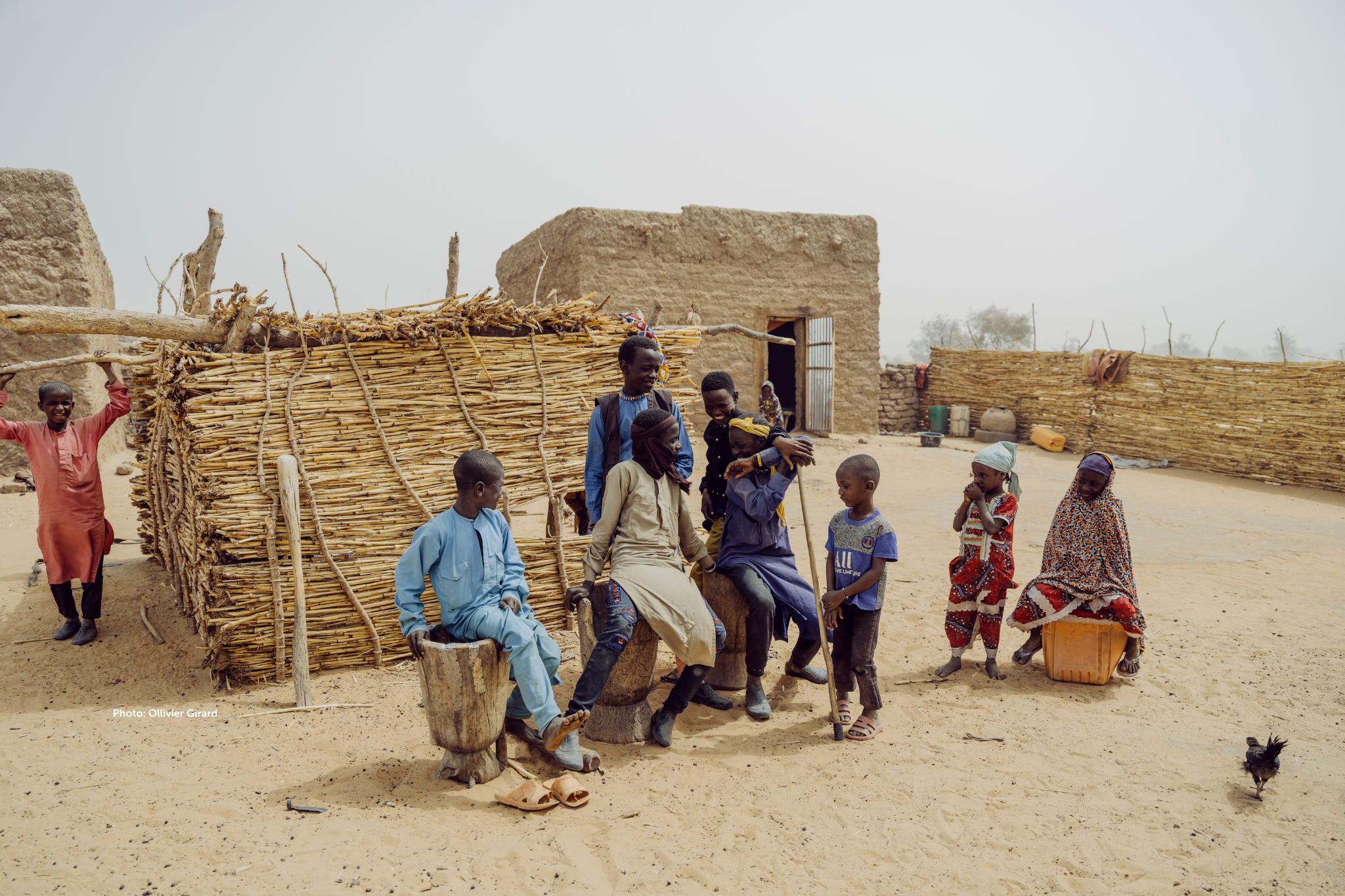
Nelson Mandela famously said: "Education is the most powerful weapon which you can use to change the world.”
There is a lot of truth in this statement, but prioritising education is nearly impossible for families in countries like Niger who struggle each day to survive.
Niger is one of Africa's largest countries and also one of its poorest. Nearly half of Nigeriens live below the poverty line. There is little or no access to healthcare for many, and education is very limited. There are government schools but the cost of books, uniforms and transport is far beyond the reach of most families, especially when many are barely able to feed their children.
UNICEF states that a fifth of children in Niger do not complete primary education. The majority don’t even make it through the lower years of secondary school. Girls are less likely to go to school than boys, and children from the poorest homes are the least likely to get an education. This accounts for the low literacy rates in Niger. Just 14 per cent of women can read and write, compared with 42 per cent of men.
These figures paint a bleak picture of life in the African nation, particularly life in communities affected by leprosy where people are always the most disadvantaged.
Above and right: Ibrahim, 16, playing with his friends in Danja village after he was treated for leprosy at the clinic.
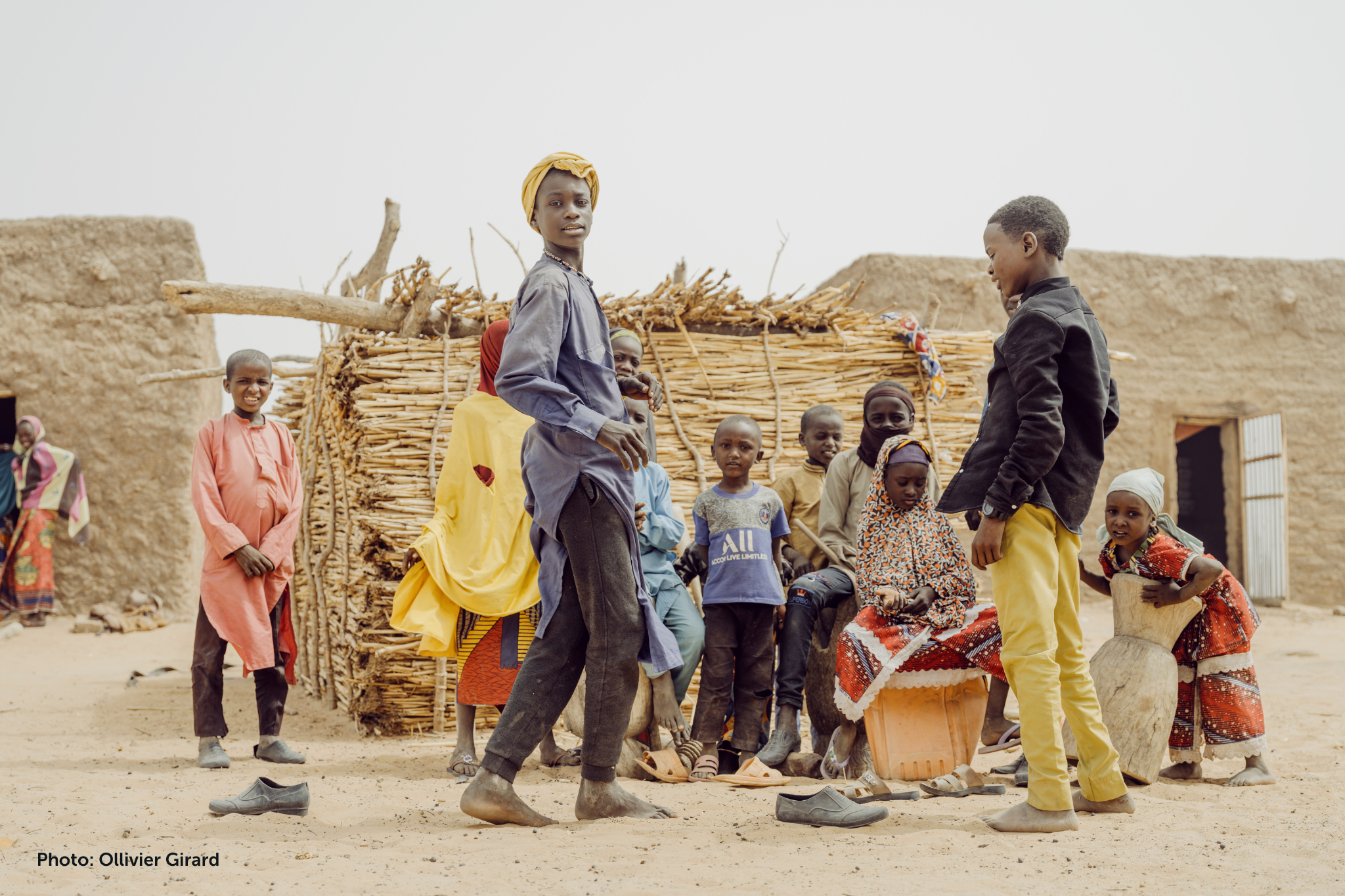
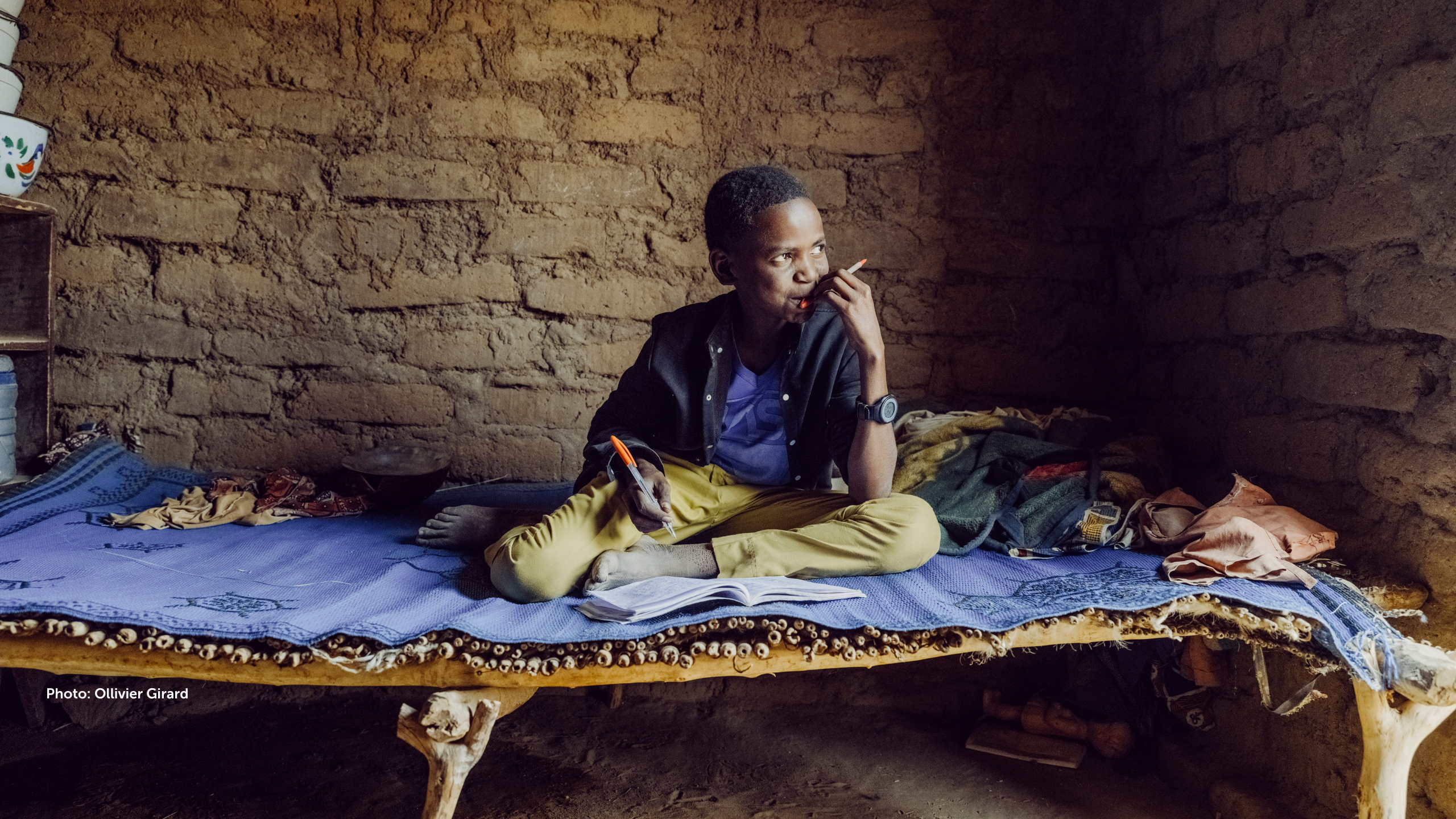
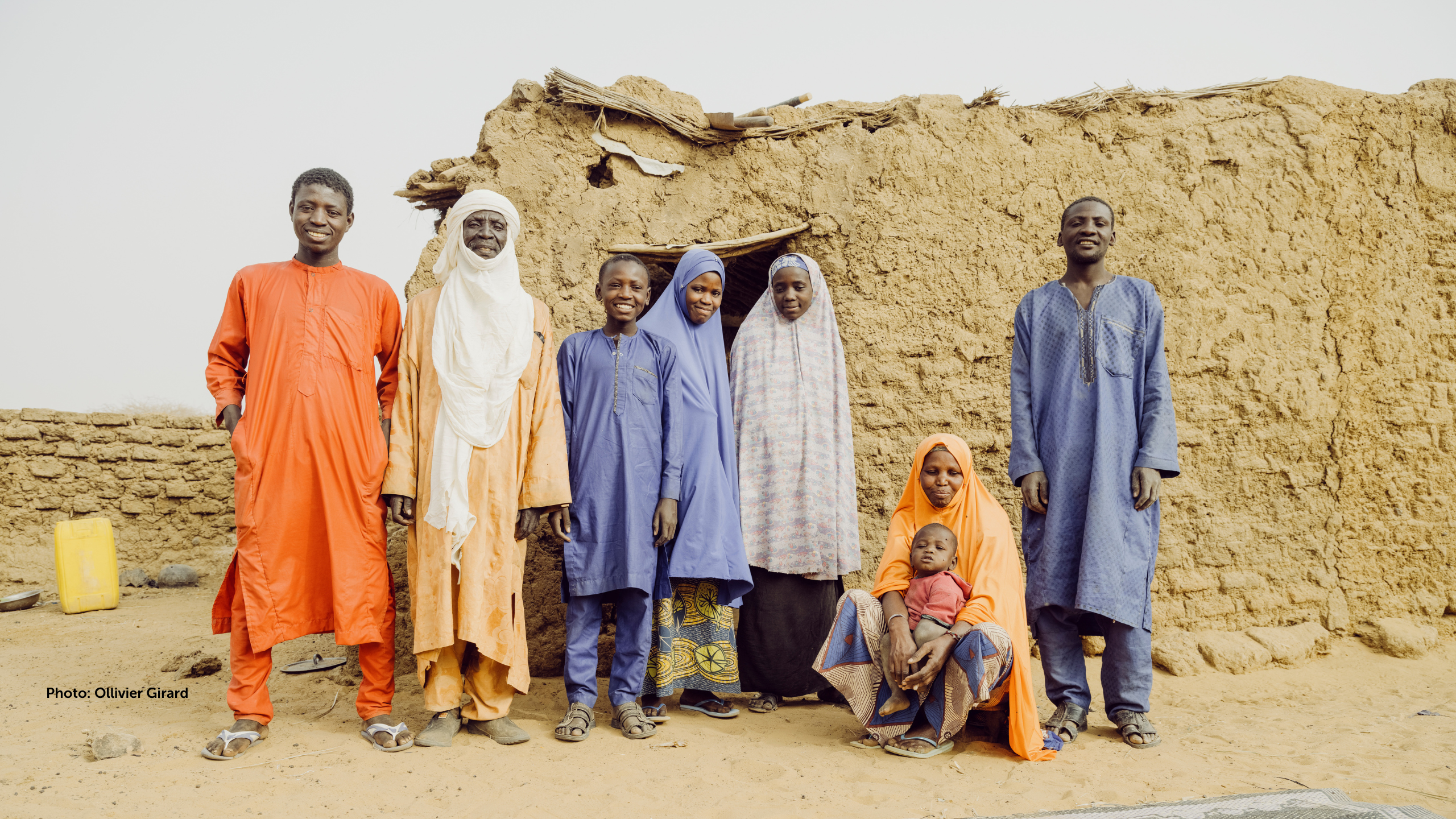


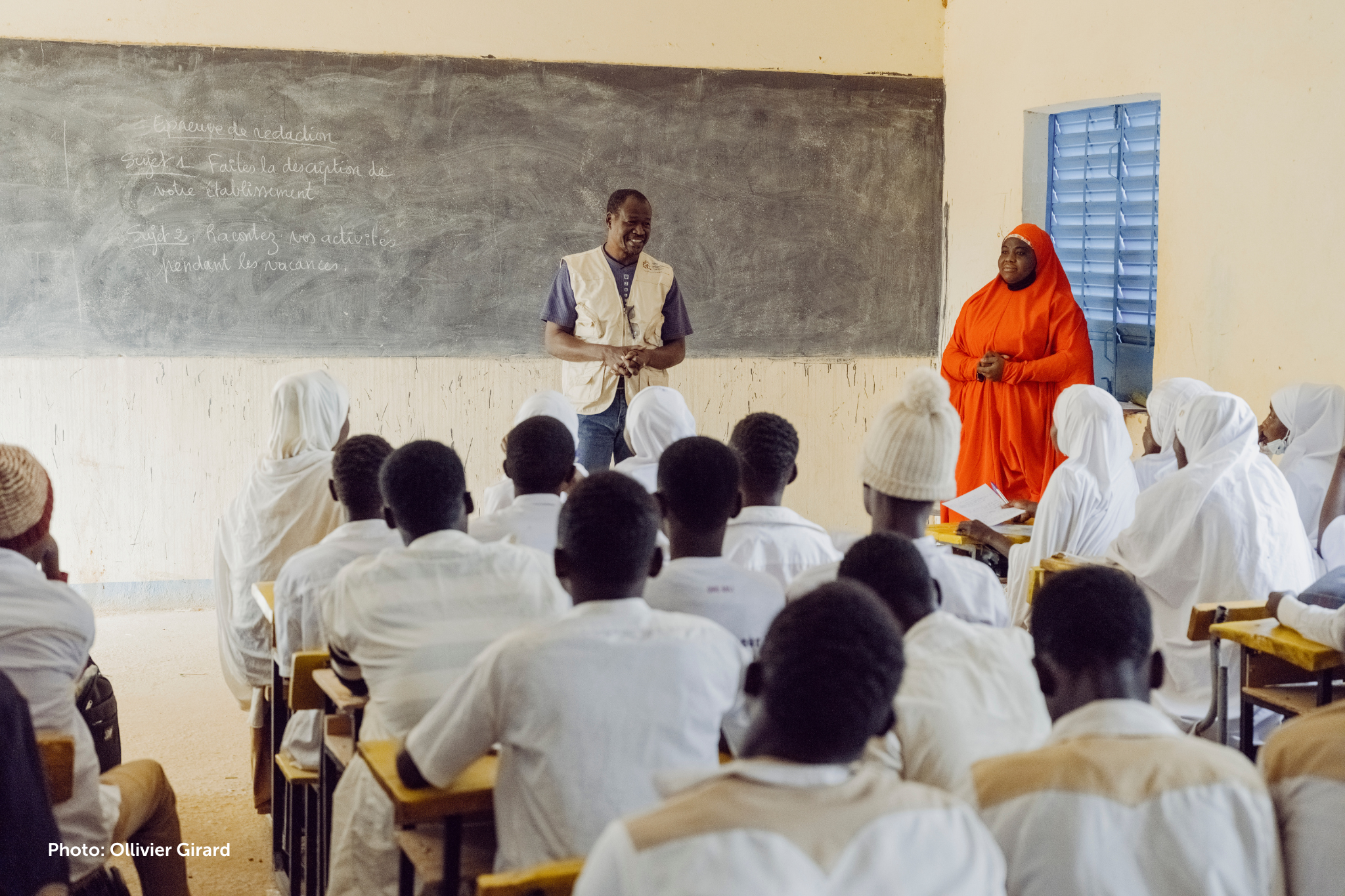
But you have shown children growing up in communities like Danja that there is hope.
The desert area around Danja is dry and barren. Intense heat and erratic rainfall mean that survival is hard. The community in Danja originally developed around the leprosy hospital, so most families living here are affected by the disease.
Opportunities for the future are scarce in Danja but, through education and job training, you have given many people the tools to escape poverty. In 2022, you provided 111 children with the books, uniforms and transport they needed to go to school. Through your gifts, 55 girls and 56 boys were given the chance of a better future. It is thanks to you that the chains of leprosy are being broken in these families.
Above right: Ibrahim studying in his home; he wants to be a health worker to help other people affected by leprosy.
Above left: Saboulou's mother, Mariama, was determined to get her son the help he needed for leprosy. At Danja, Saboulou got Multidrug therapy, and is continuing his education.
Left: A lesson at the school in Danja. Your gifts have supported 111 children with the materials and transport they need to go to school.
Elsewhere in Niger, we are working hard to find and cure cases of leprosy while it is still in its early stages. If it is not treated quickly, leprosy causes disabilities that often leave people unable to work, trapping them in poverty. With your support in 2022, we found and treated 311 new cases across Niamey, Zinder, Tahoua, Tillaberi and Dosso.
Raising awareness of leprosy is also vital and we educate communities about the signs and symptoms of leprosy across a vast area of Niger. This encourages people to come forward for treatment and helps to break down stigma.
Thank you for bringing health, hope and opportunities to one of Africa’s poorest nations
Right: Ibrahim's father at Danja clinic, where people affected by leprosy can get the treatment, physiotherapy, and ulcer care they need.
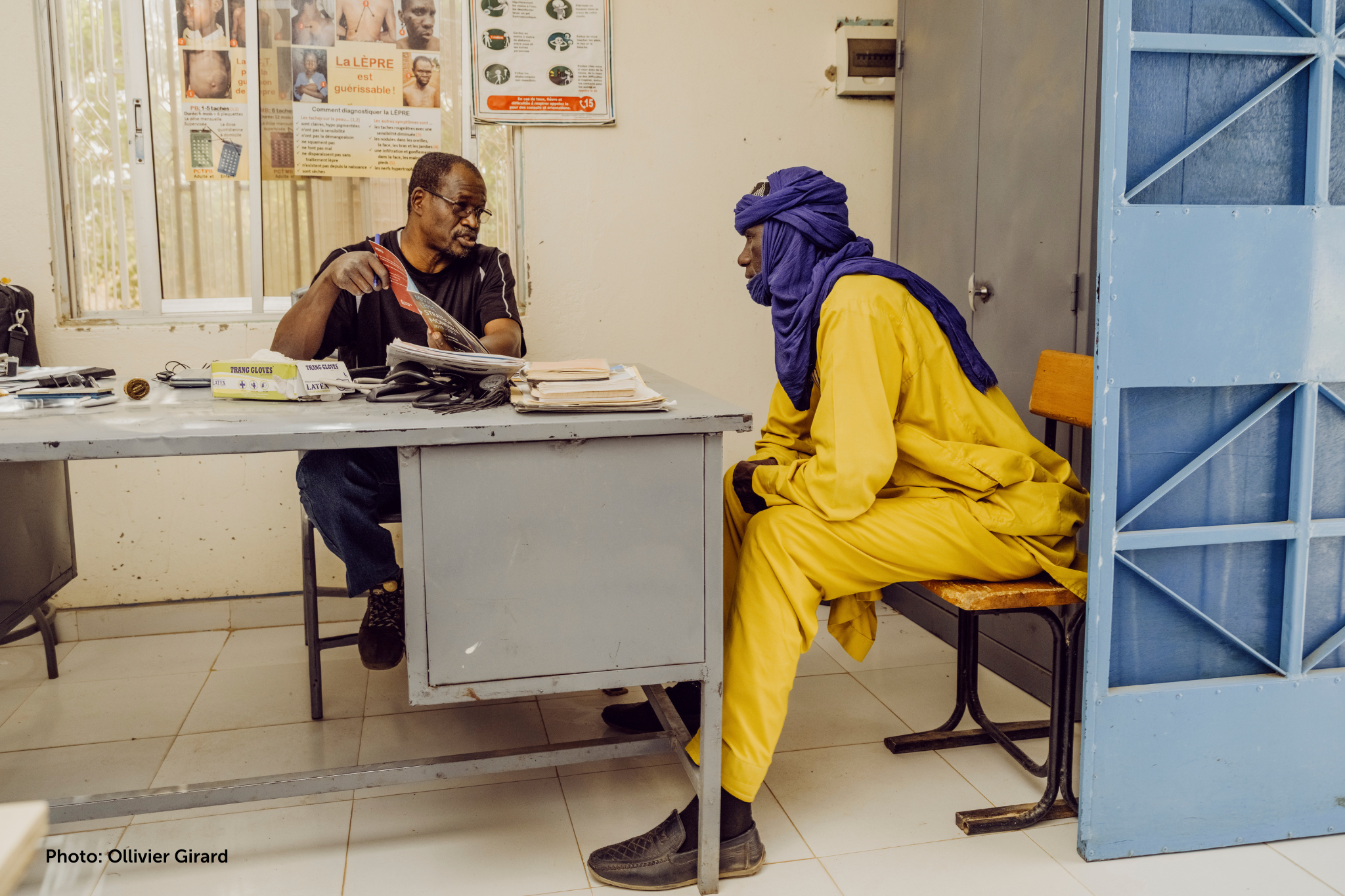
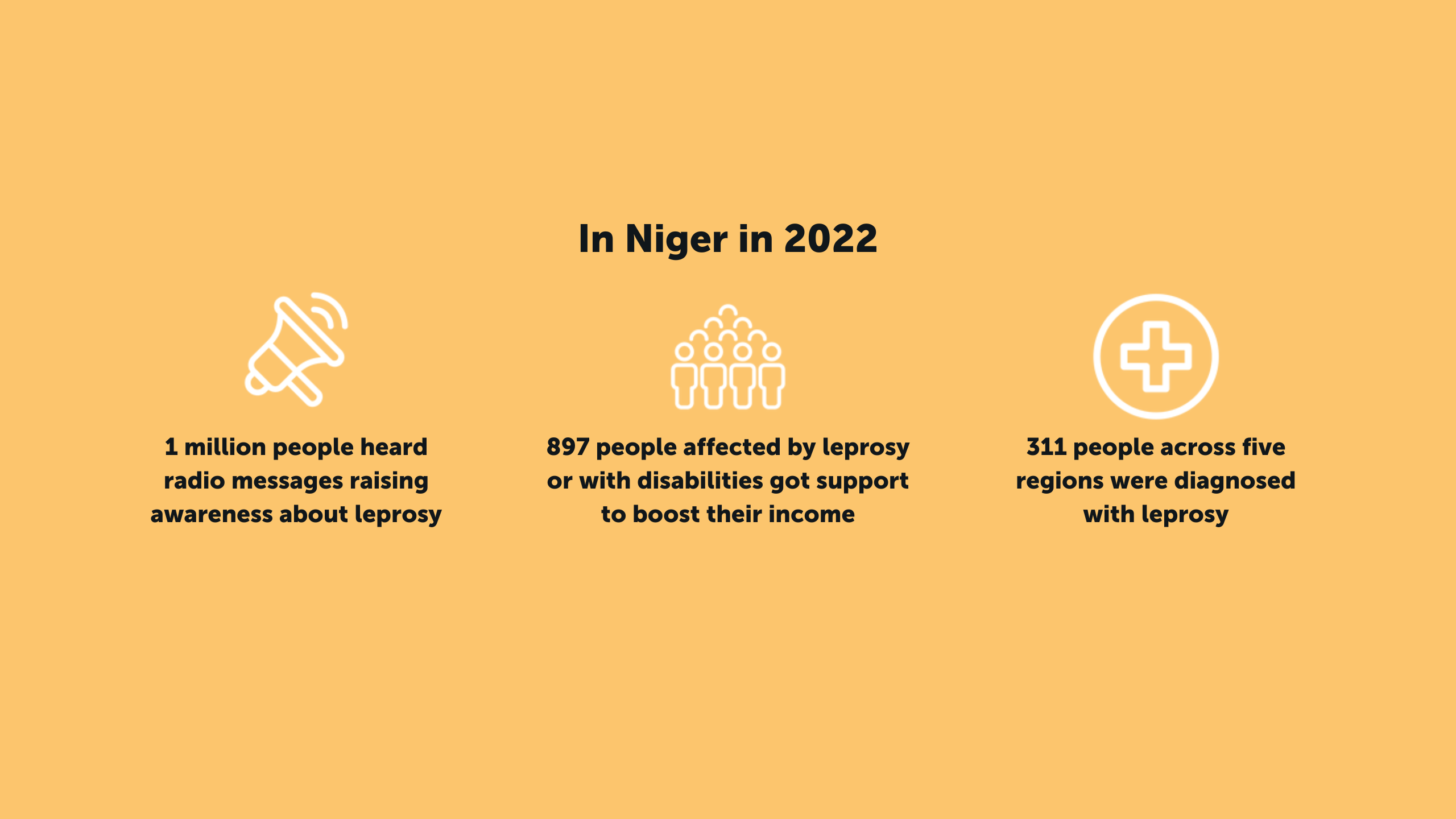

Healing Nepal
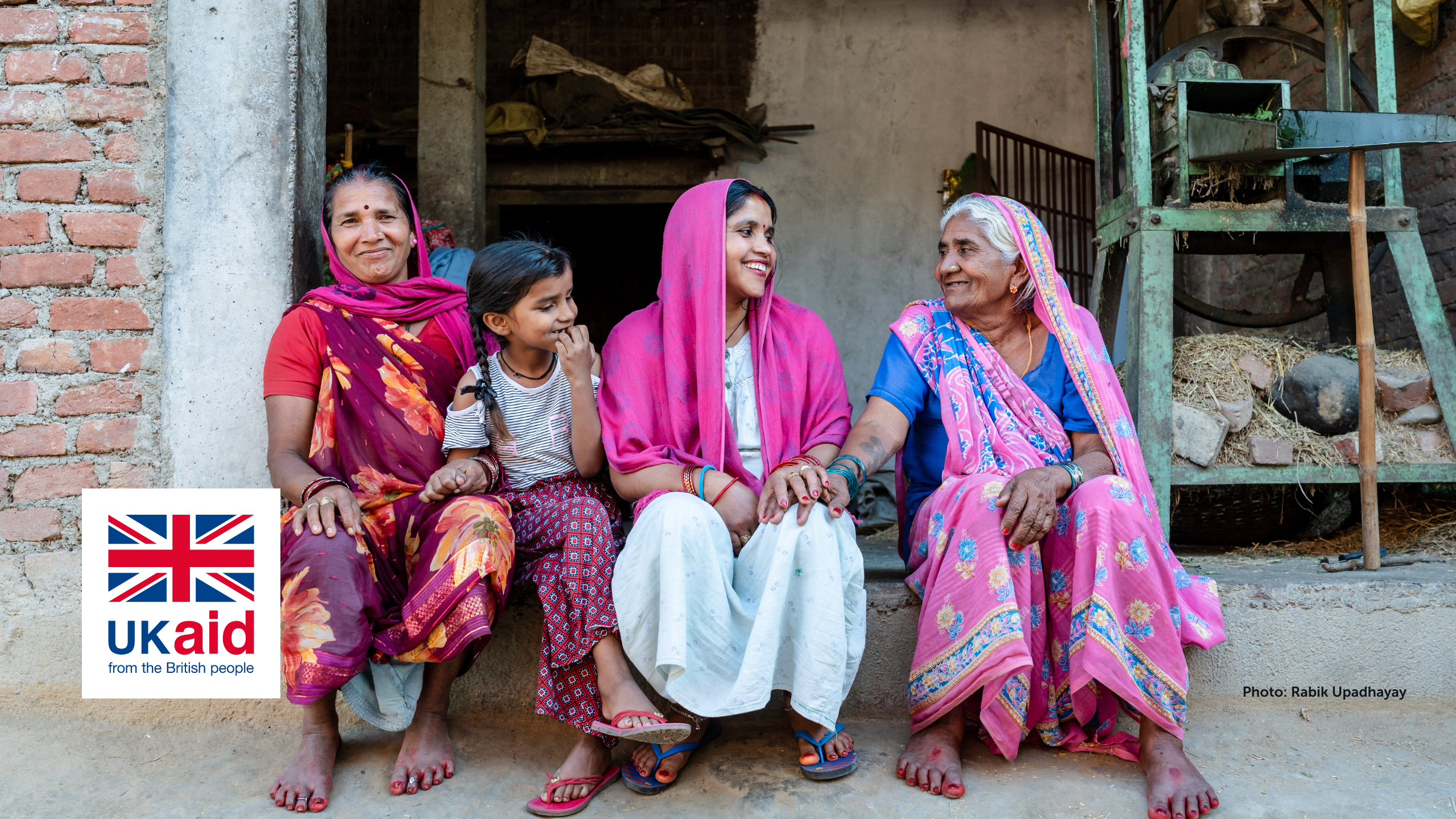
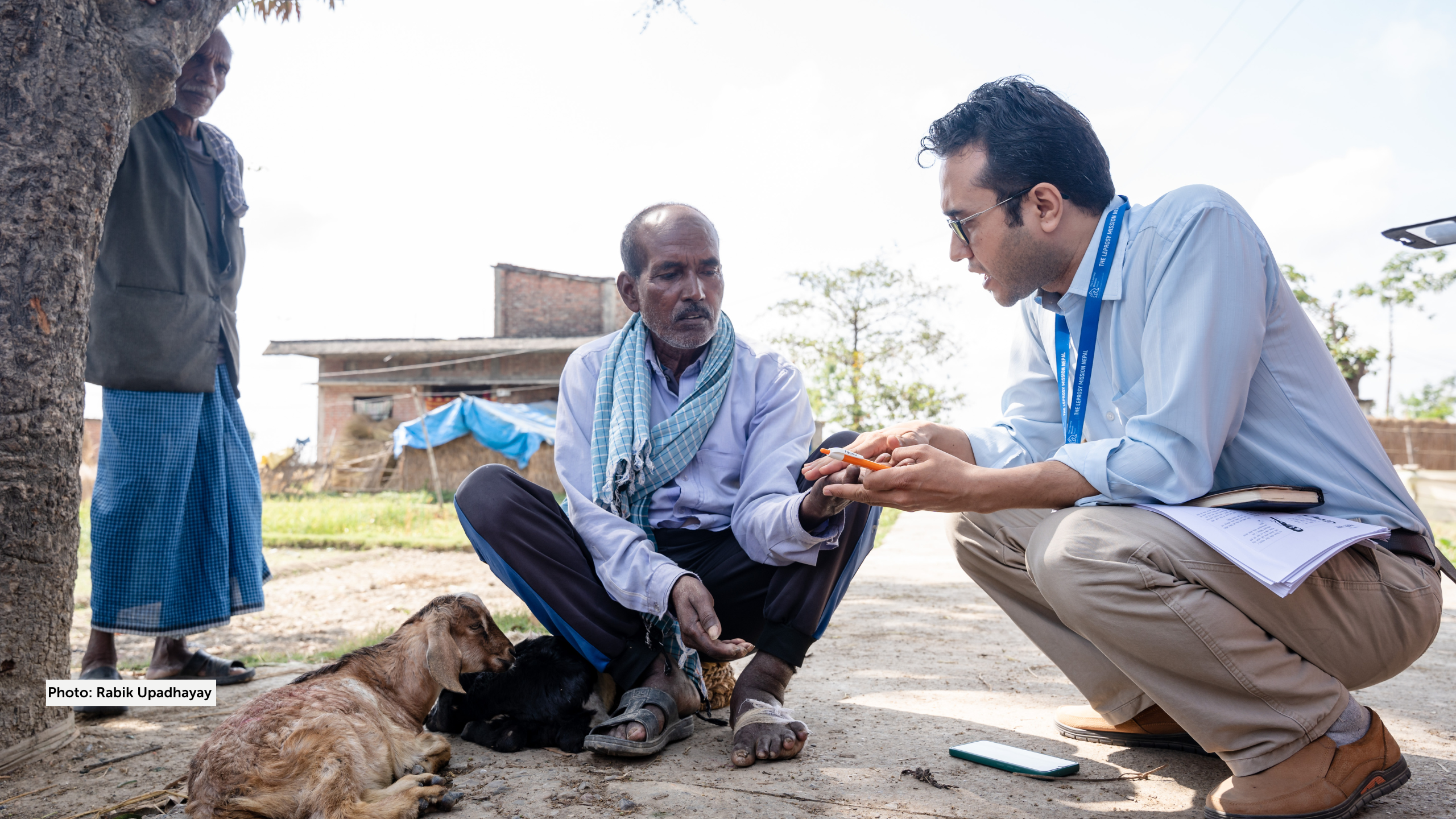


Almost 2,000 people have been cured of leprosy in our largest ever outreach project in Nepal.
The Heal Nepal project has made phenomenal progress in the fight against leprosy. What is even more remarkable is that such huge strides were made in the middle of a global pandemic. The team even supported the Government of Nepal by administering 2,500 Covid vaccinations.
In 2019, the Heal Nepal campaign was awarded UK Aid Match funding, meaning that every pound you gave was doubled by the UK government.
The three-year project aimed to find and cure as many people of leprosy as possible. Outreach teams were recruited to work at the very heart of the communities they serve and specialist care was provided at Anandaban Hospital. This included reconstructive surgery and prosthetic limbs.
It is thanks to your amazing generosity that 1,997 people were cured of leprosy. Because of you, each and every one of them has been able to begin a new, healthy chapter of their lives. Many, like Aarati, were spared a lifetime of disability. They are so grateful to you for helping them to receive a prompt diagnosis and the cure for leprosy.
The Heal Nepal project has now ended, yet the work of its dedicated outreach teams will continue for years to come. Many government health workers and community health workers were trained to recognise the early signs of leprosy, and they will pass on this knowledge to their colleagues and communities.
Volunteer health workers also worked to change attitudes towards leprosy in the communities they serve. As many live within these same communities, they are well placed to challenge wrong beliefs about leprosy and help fellow villagers to seek treatment.
A largescale media campaign backed up this work. As a result, three million people heard, via the radio and text messages, that leprosy is curable and not a curse to be feared.
The Heal Nepal team have also undertaken contact tracing. They found a staggering 74,822 close contacts of people diagnosed with leprosy. Each contact was taught to recognise the early signs of leprosy and given post-exposure prophylaxis drugs. These drugs reduce a person's likelihood of contracting leprosy and help to stop leprosy transmission.
Above left: Dhanmati was diagnosed with leprosy and is now fully cured.
Above right: The dedicated Heal Nepal team reached out to nearly 75,000 close contacts of people diagnosed with leprosy, helping to stop leprosy transmission.
Right: Raj nearly lost a limb because of leprosy, but he was able to get the urgent treatment he needed at Anandaban Hospital. His time there has given him more hope for the future.
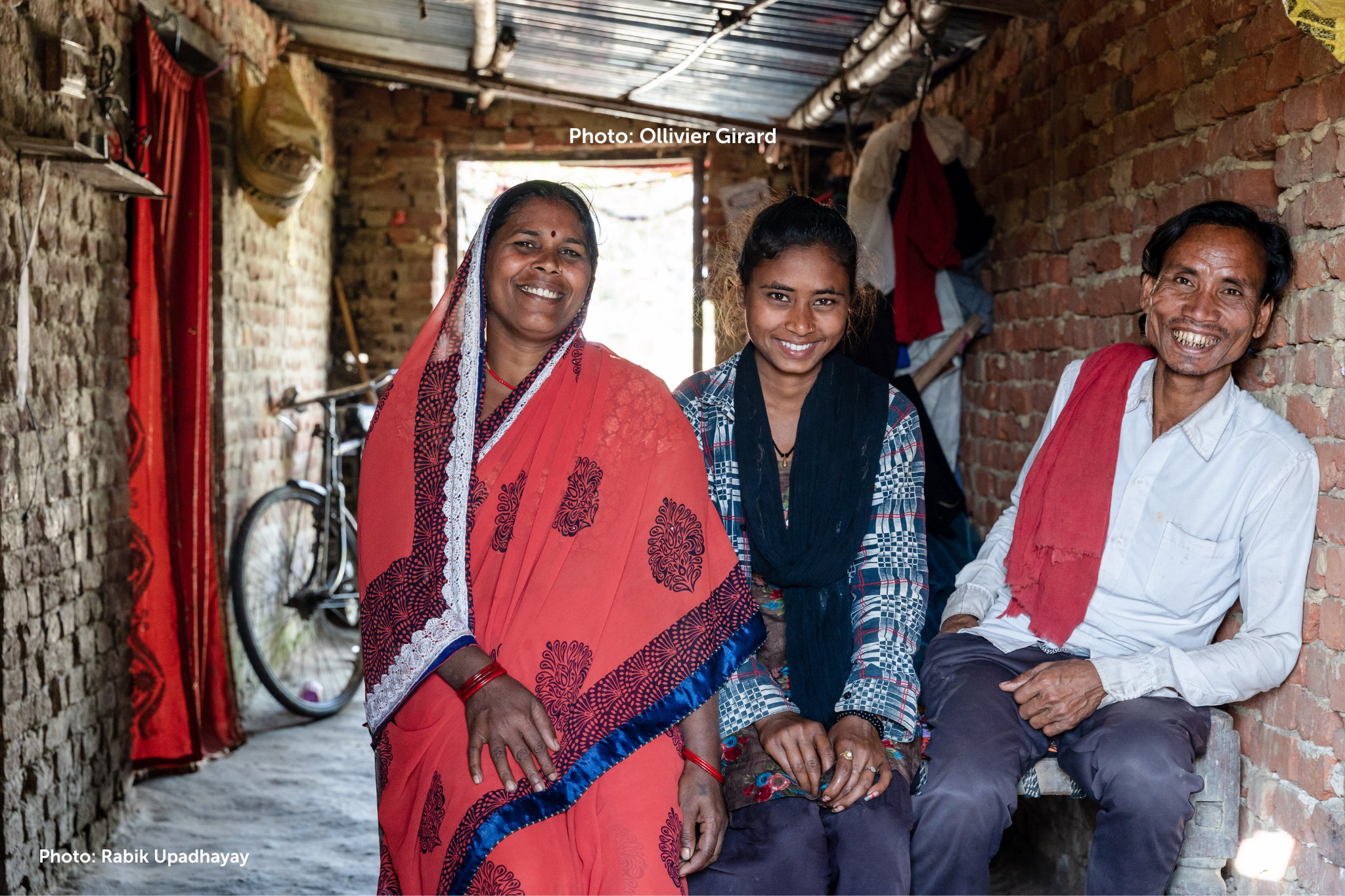
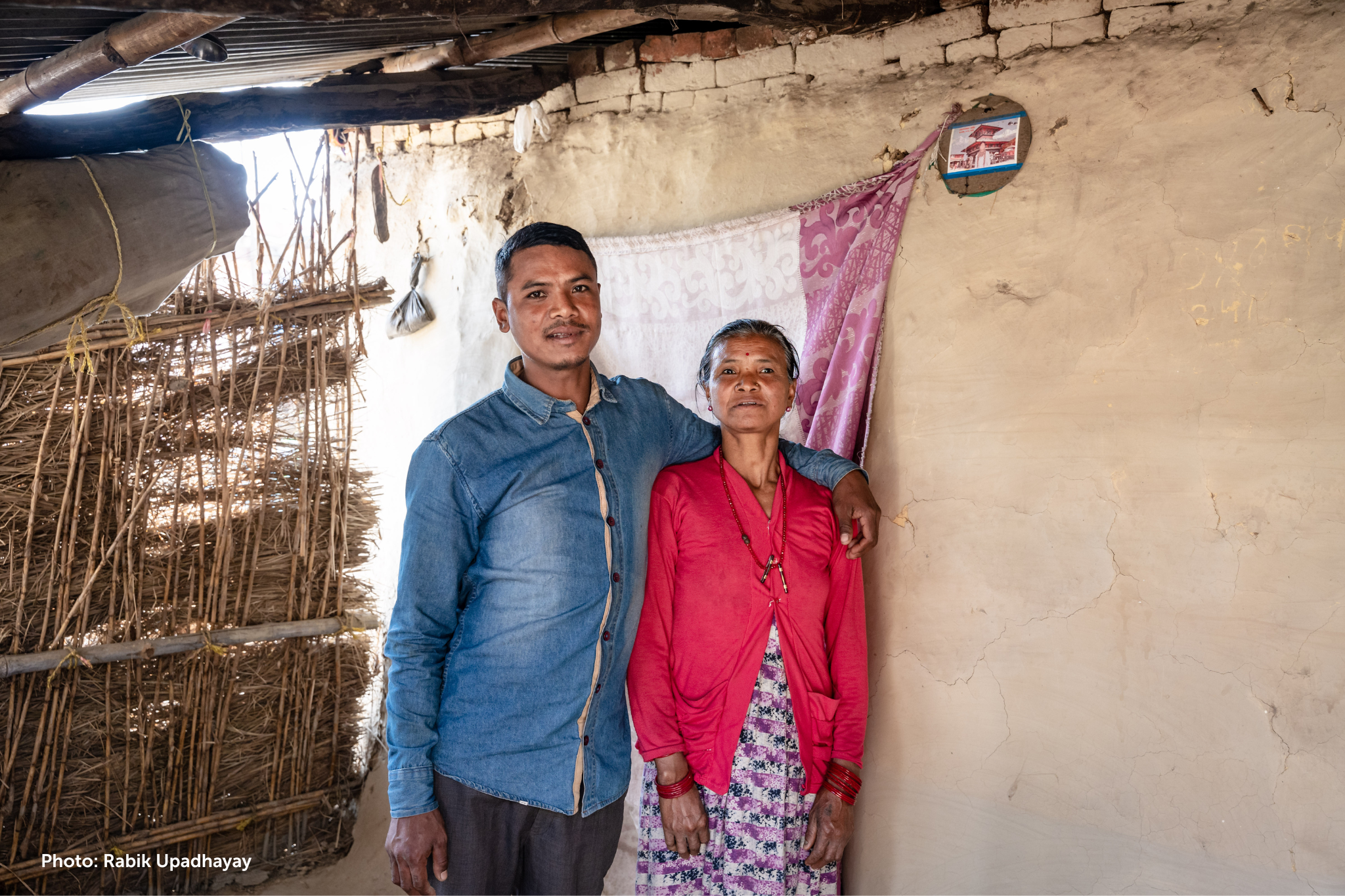
Chandrawati's story
It is because of your kindness that Chandrawati got the urgent medical care she needed.
When she first experienced ulcers and went to get treatment, she was misdiagnosed. The treatment she got had no effect. It was only after she met with a Heal Nepal officer that she got a diagnosis of leprosy.
Although she was cured, Chandrawati later experienced leprosy reaction. This occurs when the body continues to react to leprosy bacteria throughout treatment. Painful and hard to treat, people need long term hospital care to recover.
Chandrawati was referred to Anandaban Hospital. As she regained her health, she felt reassured that she would return to her normal life. Now back at home, Chandrawati is careful to continue her self-care. Her son, Ram Sagar, helps her with everyday tasks and taking her medicines.
When Ram Sagar noticed skin patches on his wrists, Chandrawati recognised the symptoms. She knew he needed to get tested for leprosy. Because he got the cure early, Ram’s leprosy did not spread. He even kept working while he took treatment.
Chandrawati is grateful to the doctors at Anandaban Hospital, and to the Heal Nepal project. But most of all, she is grateful that her son got diagnosed early, and that they can now both enjoy their lives.
We are so grateful to you for turning the tide in the fight against leprosy in Nepal.
Left: Chandrawati and Ram got the leprosy treatment they needed through Heal Nepal project. Thanks to your support, 1,997 people have got the cure across the country.
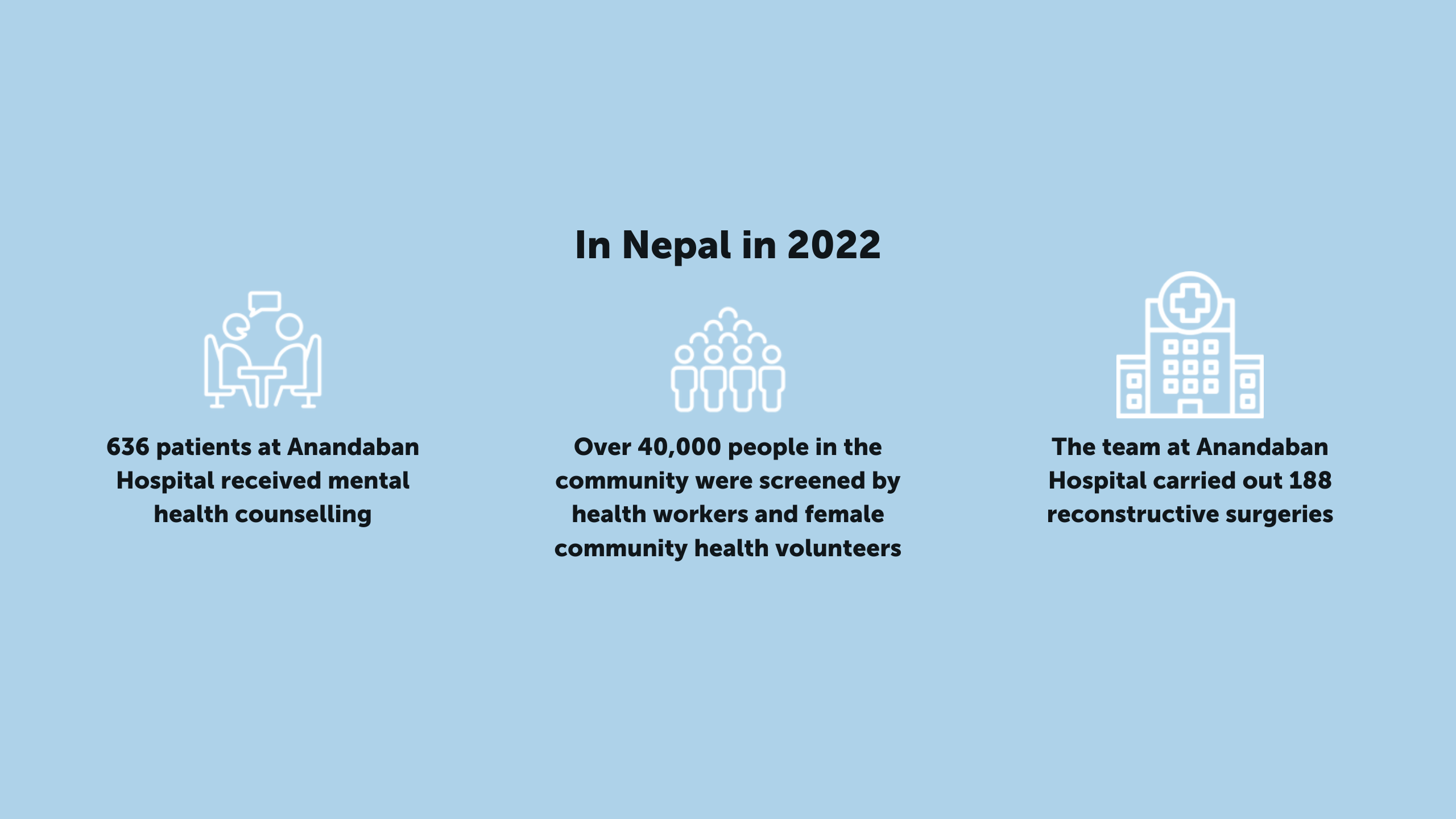

A future brimming with possibility in India
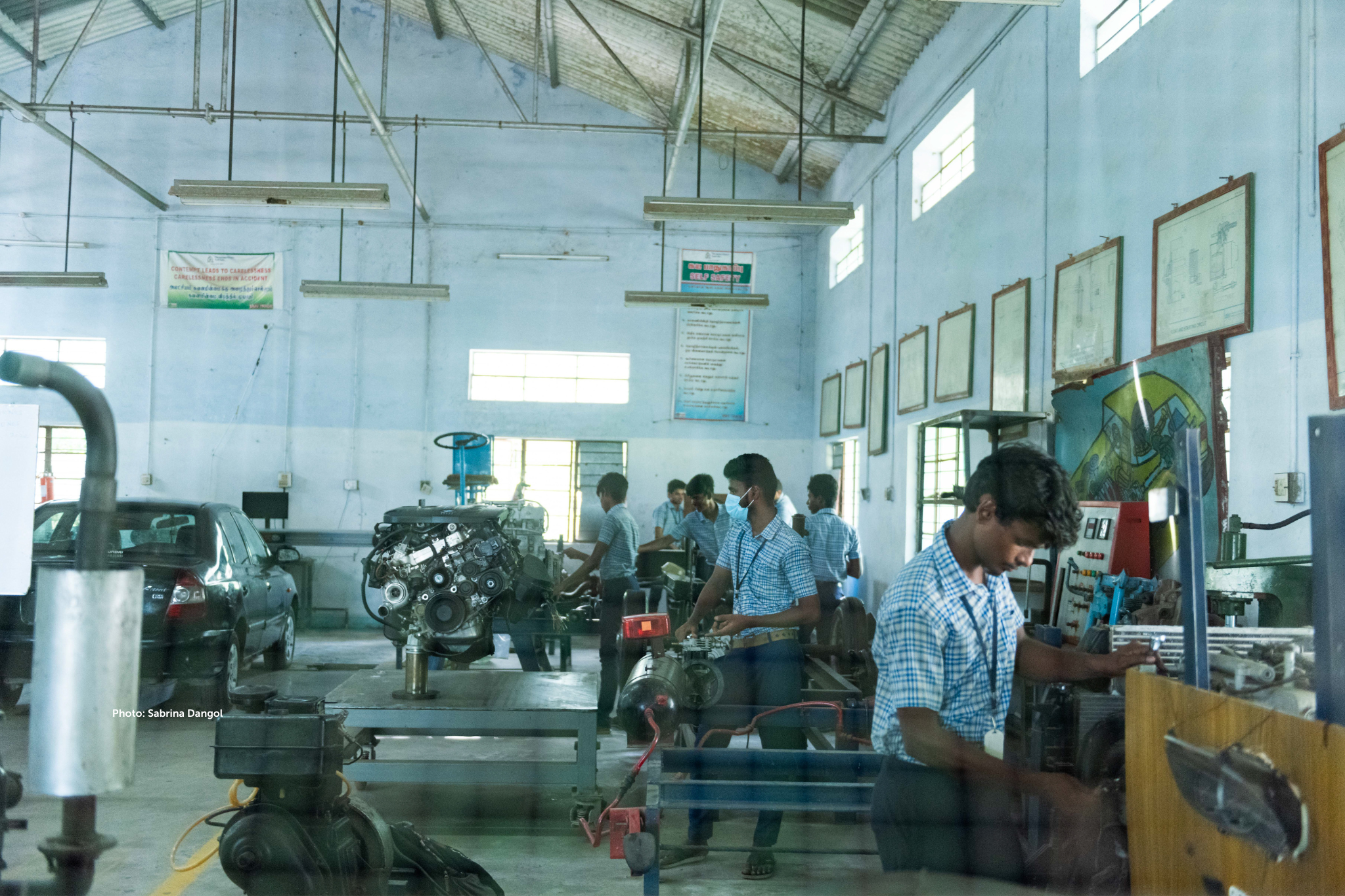
For many children the world is an exciting place brimming with possibility. Their limitless imaginations see no obstacles, just golden opportunities to follow their dreams. This is a precious and wonderful gift.
But for children growing up in India's poorest communities it is a very different story. Through no fault of their parents, they often perceive mere survival to be all they could hope for in life. Regardless of their talents and intellect, their ambition might be limited to sweeping the streets. Their only goal is to secure their next meal.
Thank you for caring for these young people who deserve so much more. It is because of you that 690 youngsters were able to complete professional skills training in 2022. These young people are from disadvantaged communities in India. Many are affected by leprosy and disability. Your gift of training has opened up their world. For the first time they can dare to dream.
Above: Students training at the Vadathorasalar Vocational Training Centre
Right: Vinothini is affected by leprosy and studied tailoring at a Vocational Training Centre. Now she works at a prestigious garment company.
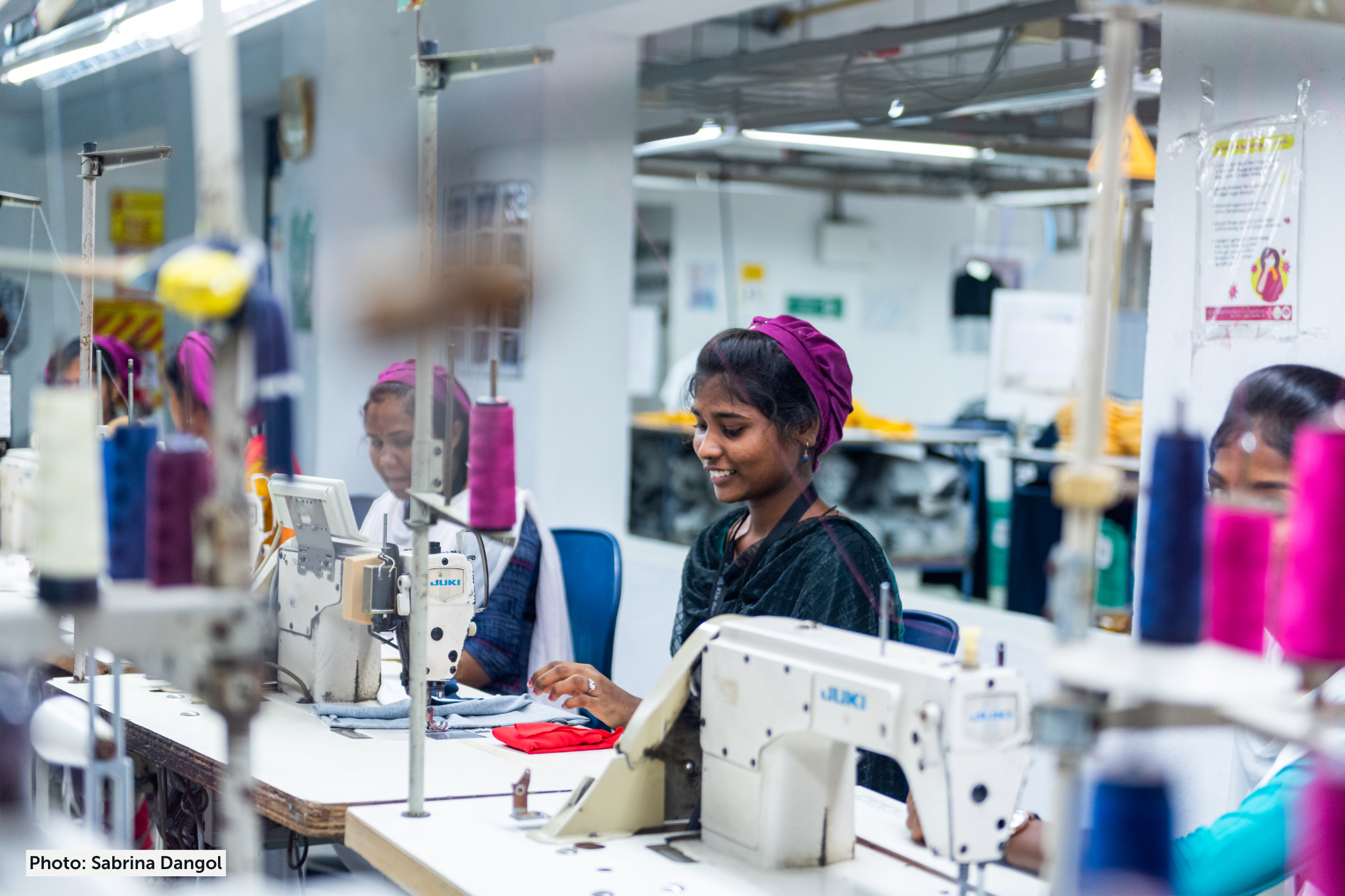
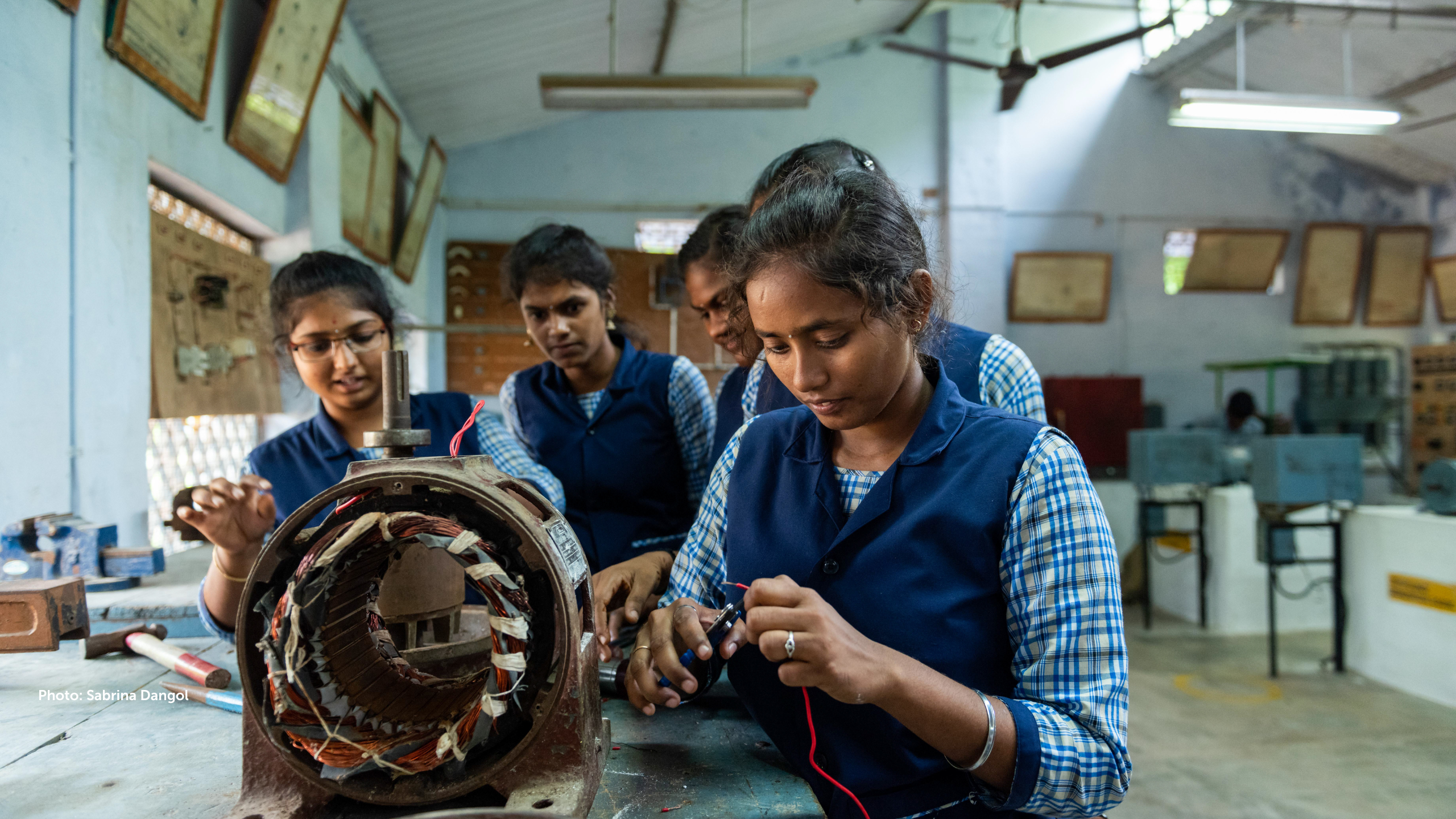
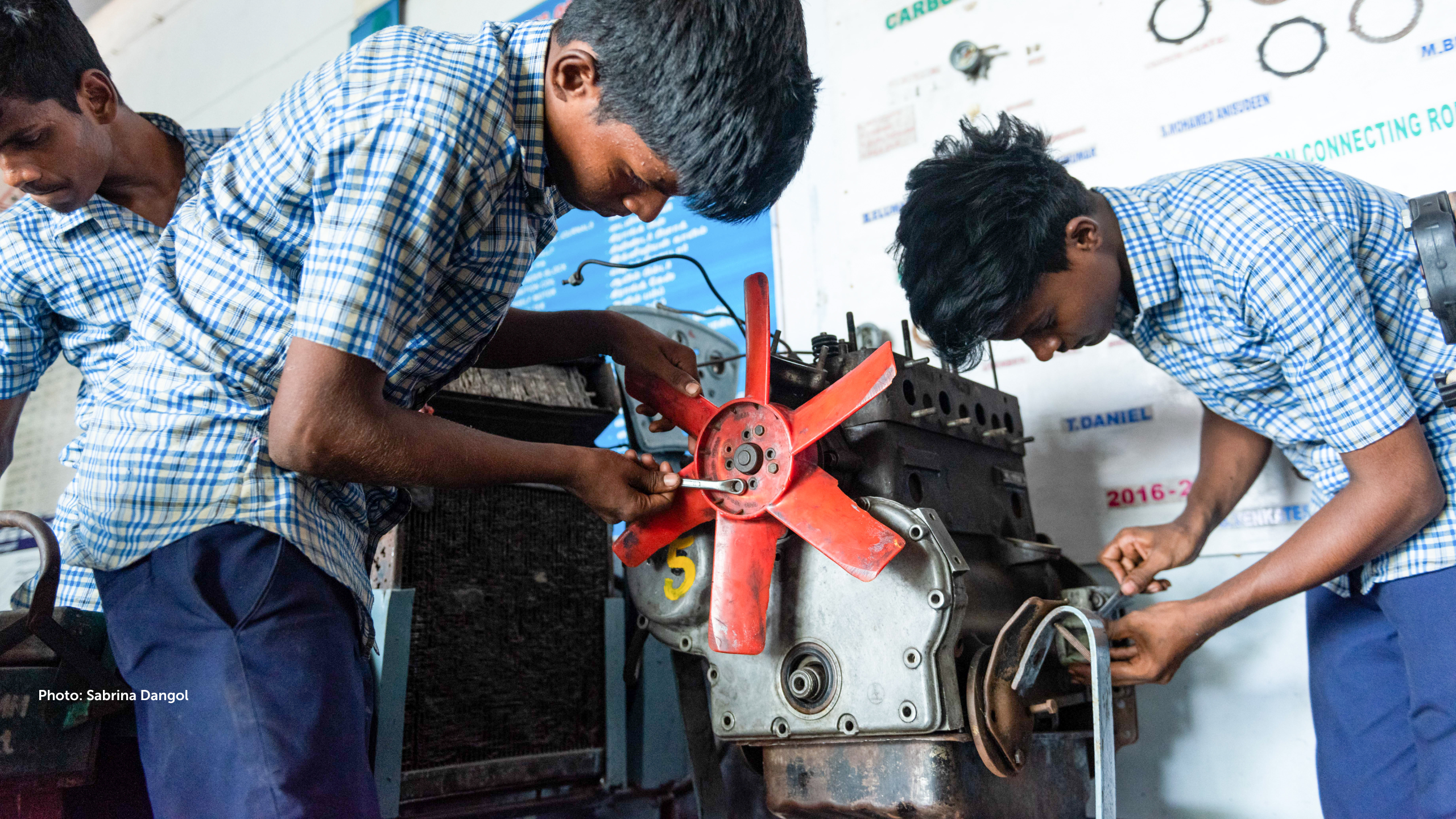


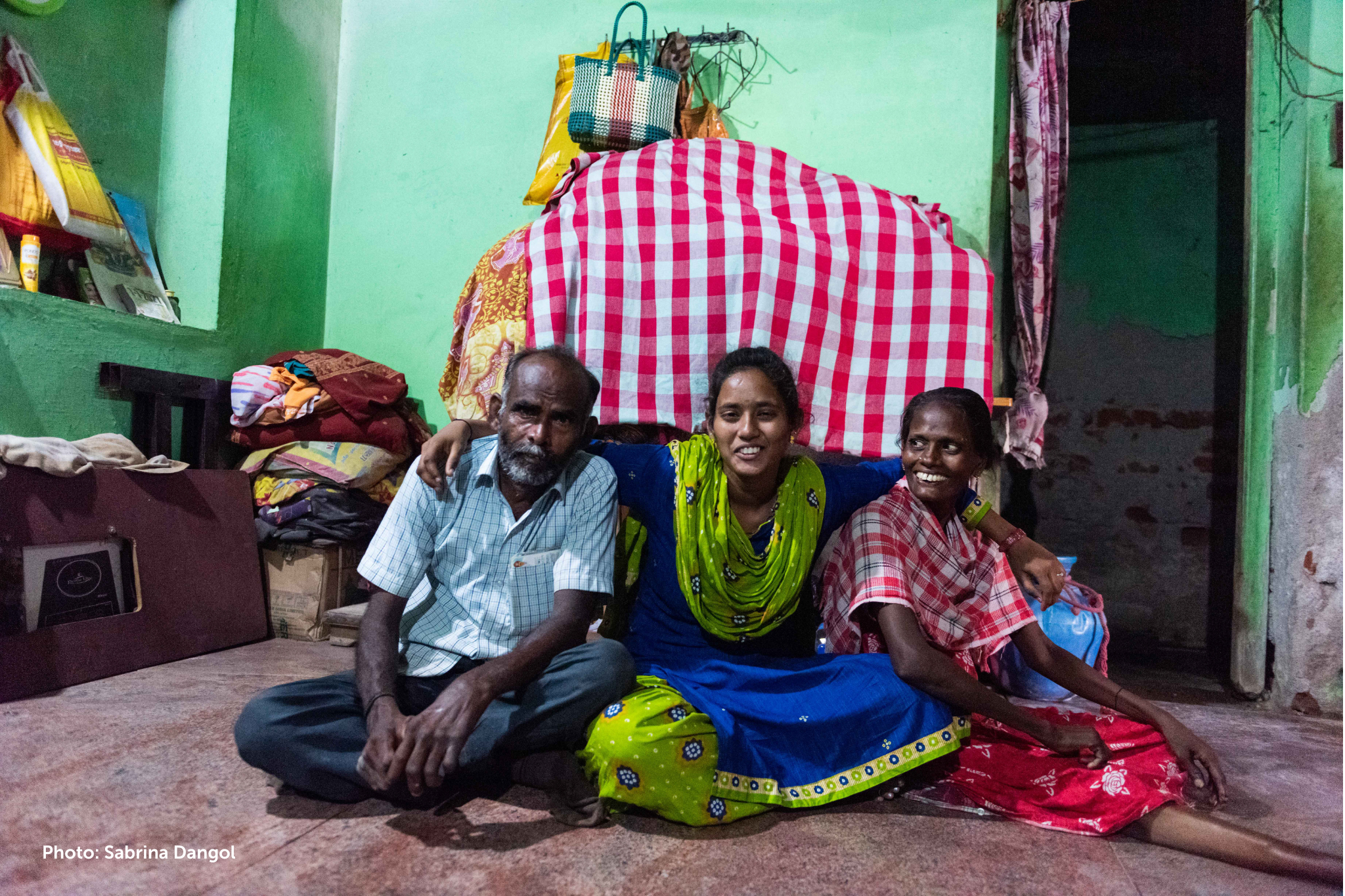
Sowmiya's story
Sowmiya is one of the students you supported through specialist training in 2022. She is studying engineering at the Vocational Training Centre in Vadathorasalur, in southern India.
Both Sowmiya’s parents are affected by leprosy. Her mother lost a leg to the disease, and her father’s hands are severely affected. Work is hard to come by, and the family has no regular income. There is no money to pay for education. But your kindness means that new opportunities are no longer a distant dream.
Sowmiya feels determined to finish her studies and get a good job, so she can give her parents a better life. But it is a heavy burden, and she often worries. She cannot travel home often, and her parents can struggle with everyday tasks. They also been subject to prejudice from their neighbours.
“Most of our relatives and neighbours refuse to help them because of the stigma of leprosy and it breaks my heart,” Sowmiya told us.
But Sowmiya is confident in herself, and that she will get good opportunities after her course. She has no doubt that she will achieve her ambitions.
“I want to do well in society, I want to prove myself. Despite all the gossip, we have to rise above it [and] aspire to a better future.”
Thank you for giving Sowmiya, and so many others, the hope of a better future!
Above left and right: Students are supported to find good employment after their courses, helping them to become confident and independent young adults.
Left: Sowmiya with her mother and father; Sowmiya is studying engineering and wants to give her parents a better life.
